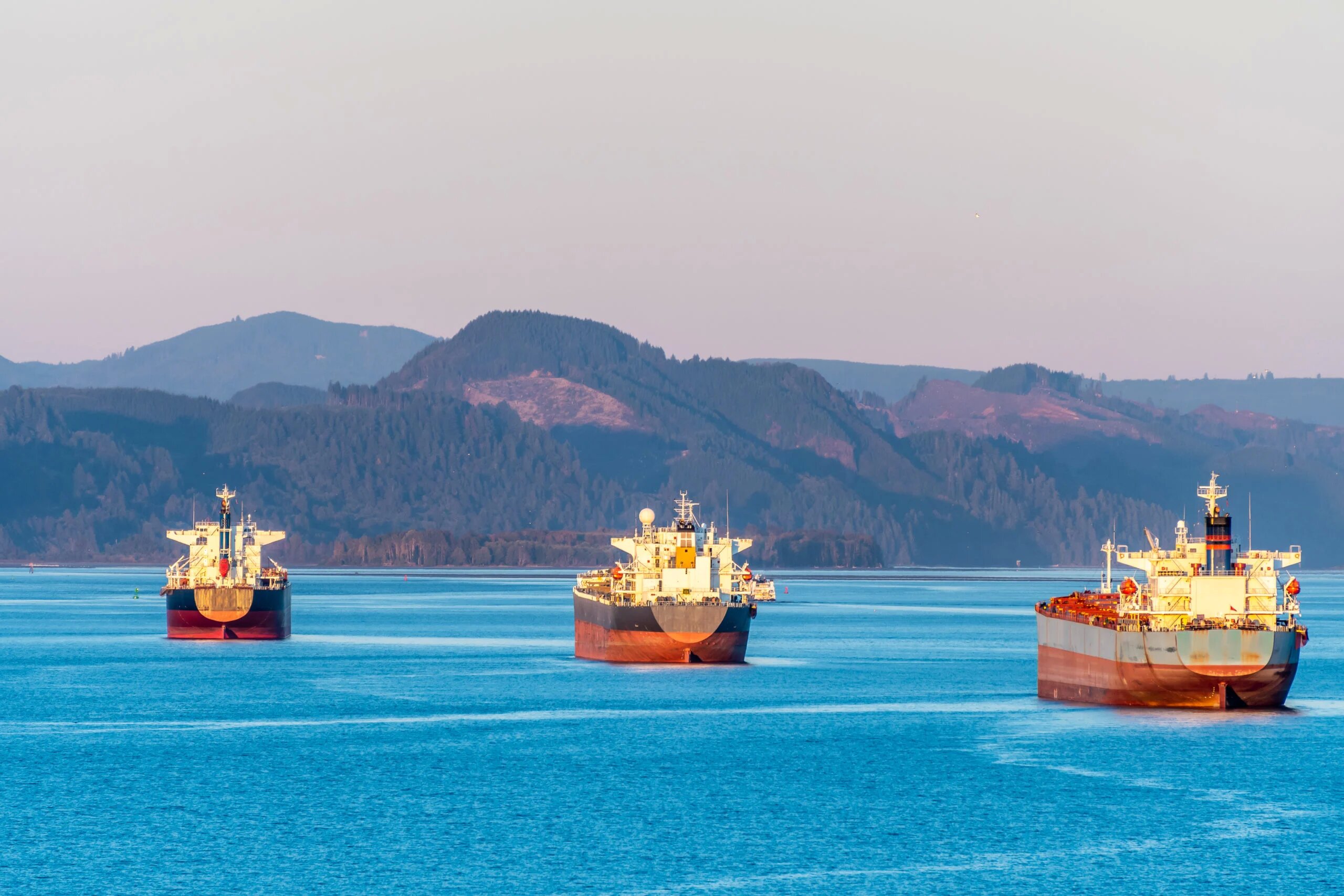In a decisive step toward transforming India into one of the top five shipbuilding nations by 2047, the Government of Andhra Pradesh (GoAP) and the Visakhapatnam Port Authority (VPA), under the aegis of the Ministry of Ports, Shipping and Waterways (MoPSW), have signed a landmark Memorandum of Understanding (MoU) for the development of a National Mega Shipbuilding Cluster at Dugarajapatnam, Andhra Pradesh. The signing took place during the national maritime event “Transforming India’s Maritime Sector” in Bhavnagar, Gujarat.
The agreement marks a milestone in India’s maritime journey, laying the groundwork for a project that is expected to not only bolster the country’s domestic shipbuilding capacity but also position Andhra Pradesh as a global hub for large-scale shipbuilding and repair.
Building a globally competitive shipbuilding ecosystem
Under the terms of the MoU, the Government of Andhra Pradesh will spearhead the landside infrastructure development, which includes construction of approach roads, utility networks, and associated civil works. The state government has also committed to contribute land as equity for the project.
On the other hand, the Visakhapatnam Port Authority will take responsibility for seaside infrastructure, including the construction of berths, dredging, and allied maritime facilities.
To oversee and implement the project, a Special Purpose Vehicle (SPV) will be established. This SPV will function as the central entity coordinating between government agencies, international partners, and private players. Importantly, it will invite participation from global shipbuilding firms, ensuring the infusion of world-class technology, design expertise, and best practices.
The project comes with an estimated investment of Rs 29,253 crore, making it one of the largest maritime infrastructure initiatives undertaken in India in recent years.
Andhra Pradesh’s strategic advantage
The selection of Dugarajapatnam as the site for the cluster reflects the state’s inherent strengths in the maritime domain. Andhra Pradesh already boasts a robust coastal economy, with established fishing harbours, shipyards, cargo handling terminals, and industrial corridors that create a supportive ecosystem for shipbuilding.
The state is strategically located along India’s eastern seaboard, with close access to international shipping lanes in the Bay of Bengal. This geographical advantage, combined with its skilled workforce and growing industrial base, positions Andhra Pradesh as an ideal destination for large-scale shipbuilding and repair facilities.
The cluster is expected to play a pivotal role in supporting both commercial shipping and defence shipbuilding, enhancing India’s capability to build advanced vessels domestically and reduce dependence on imports.
Alignment with national maritime vision
The Dugarajapatnam project directly aligns with the government’s long-term policy frameworks — the Maritime India Vision 2030 and the Maritime Amrit Kaal Vision 2047.
By contributing to these goals, the Dugarajapatnam cluster will not only strengthen India’s industrial and technological capabilities but also enhance its share in the global shipbuilding market, which has so far been dominated by East Asian nations like China, South Korea, and Japan.
Economic and social impact
The development of the National Mega Shipbuilding Cluster is expected to generate substantial employment opportunities.
From highly skilled engineers and technicians to ancillary workers in supporting industries such as steel, electricals, and logistics, the project could create tens of thousands of direct and indirect jobs in Andhra Pradesh and beyond.
The cluster will also attract foreign direct investment (FDI) by partnering with international shipbuilders, thereby introducing advanced technologies, design systems, and eco-friendly shipbuilding practices into India’s maritime industry.
With India’s growing role in global trade and shipping, the Dugarajapatnam cluster is anticipated to become a critical node in global supply chains, contributing significantly to the national GDP while strengthening energy and food security by improving supply chain resilience.
Symbolism of the Bhavnagar signing
The signing of the MoU in Bhavnagar, Gujarat—a city renowned for its rich maritime history and as a global centre for ship recycling—adds a layer of symbolism to the initiative. It represents the continuity of India’s maritime legacy, while also highlighting the spirit of cooperative federalism.
By bringing together the Union Government, a progressive maritime state, and an experienced port authority, the project reflects a model of collaborative governance. It underscores how national and state-level agencies can pool their resources and vision to create sustainable maritime infrastructure that serves both local communities and global markets.
Toward a maritime renaissance
The Dugarajapatnam shipbuilding cluster is more than just an infrastructure project; it is a strategic investment in India’s maritime future. By creating an ecosystem that integrates global best practices, modern infrastructure, and skilled human capital, the initiative promises to transform Andhra Pradesh into a global shipbuilding powerhouse.
As India aspires to become one of the top five shipbuilding nations by 2047, the cluster at Dugarajapatnam will serve as a cornerstone of this ambition. With its scale, vision, and transformative potential, the project heralds the dawn of a maritime renaissance for both Andhra Pradesh and India as a whole.





